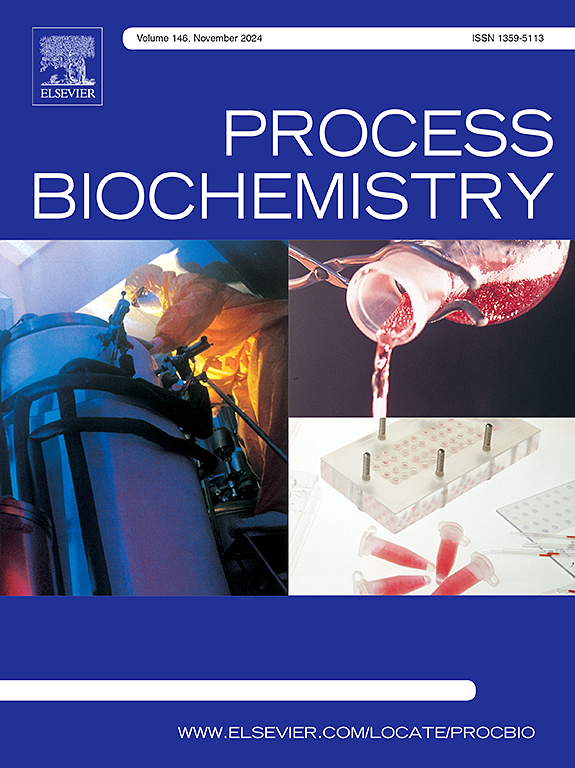Synergizing food waste management and microalgae biorefinery for bioenergy production: Recent advance on direct and indirect conversion pathways
IF 3.7
3区 生物学
Q2 BIOCHEMISTRY & MOLECULAR BIOLOGY
引用次数: 0
Abstract
Food waste is a persistent global environmental issue that contributes to global warming and climate change by releasing significant amounts of greenhouse gases as it decomposes in landfills. Converting food waste into bioenergy could serve as a sustainable solution. Direct conversion of food waste through methods like anaerobic digestion, fermentation, and pyrolysis, produces diverse energy products. Besides, the indirect approach of cultivating microalgae using food waste as alternative medium provides a sustainable solution, as microalgae can assimilate nutrient-rich components (e.g., nitrogen, phosphorus, and carbon), converting them into valuable biomass that can be processed into biofuels. This review work provides a holistic review of food waste-to-energy conversion methods, both direct and indirect, evaluating their feasibility and benefits. Specifically, a comprehensive analysis of using microalgae grown on food waste for biofuel production is provided, offering insights into how the method could effectively address both environmental and energy crises, and contribute to sustainable development goals. Future research should focus on enhancing conversion process efficiency, optimizing microalgae bioprocess, and scaling-up these technologies to industrial levels, while addressing challenges such as economic feasibility, supportive policies, and robust supply chains. Collaboration among industry, academia, and government is essential to boost the global implementation of these technologies.
求助全文
约1分钟内获得全文
求助全文
来源期刊

Process Biochemistry
生物-工程:化工
CiteScore
8.30
自引率
4.50%
发文量
374
审稿时长
53 days
期刊介绍:
Process Biochemistry is an application-orientated research journal devoted to reporting advances with originality and novelty, in the science and technology of the processes involving bioactive molecules and living organisms. These processes concern the production of useful metabolites or materials, or the removal of toxic compounds using tools and methods of current biology and engineering. Its main areas of interest include novel bioprocesses and enabling technologies (such as nanobiotechnology, tissue engineering, directed evolution, metabolic engineering, systems biology, and synthetic biology) applicable in food (nutraceutical), healthcare (medical, pharmaceutical, cosmetic), energy (biofuels), environmental, and biorefinery industries and their underlying biological and engineering principles.
 求助内容:
求助内容: 应助结果提醒方式:
应助结果提醒方式:


